Sacred and Silenced
This week’s #FirstFreedomFive brings stories of places—and people—meant to be sacred, now being silenced.
Churches razed, clergy threatened, dissent criminalized. From Sudan to Armenia to China, houses of worship are under siege and voices of faith are being stifled.
But glimmers of hope shine through—from parents defending conscience in U.S. courts to Kenyan clerics calling their nation back from the brink.
1
China: China’s State-Controlled Faith Pushes Out Foreign-Linked Churches
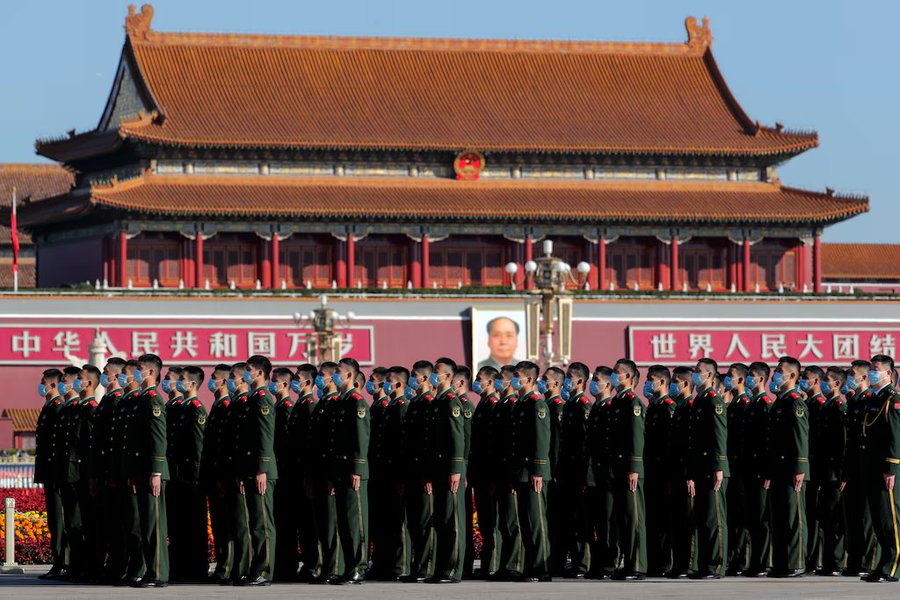
Underground churches shuttered, clergy pressured, and foreign faiths barred as Beijing tightens control
In a fresh wave of religious repression, China has targeted both underground Catholics and Latter-day Saints (LDS).
Since April, authorities in Wenzhou have shut down 90% of unofficial Catholic churches, threatening clergy and their families unless they join the state-run Patriotic Church. Bishop Shao Zhumin faces mounting pressure to comply—or risk others being jailed.
Meanwhile, meeting houses of the Church of Jesus Christ of Latter-day Saints across China have been ordered closed, cutting off local and expatriate worshippers alike.
The move follows legal changes banning foreign religious operations, part of Xi Jinping’s campaign to bring all faiths under Communist Party control.
From Catholics loyal to Rome to Latter-day Saints meeting quietly in Beijing, Chinese authorities are tightening the noose on religious communities that refuse to conform.
2
Sudan: Sudanese Church Leveled by State Forces
From sanctuary to rubble: Sudanese Christians lose safe haven in military-backed demolition
Dozens of extremists, backed by Sudan Armed Forces (SAF) and police, demolished the Pentecostal Church compound in El Haj Yousif, Khartoum on July 8. Everything—church, offices, guest house—was flattened.
The SAF had recently declared Khartoum ‘completely liberated’ from rival forces, but instead of safety, Christians faced bulldozers.
It’s not the first time houses of worship have become war targets. Last month, RSF bombed three churches in El Fasher. In December, an SAF airstrike killed 11—including eight children—at a church in Khartoum.
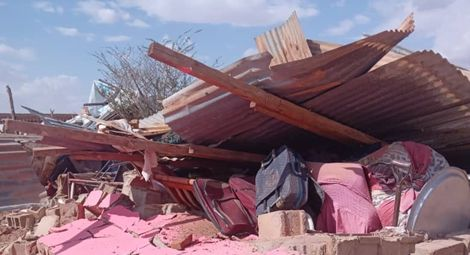
3
India: India’s Long Arm Abroad: Report Alleges Transnational Repression in the US
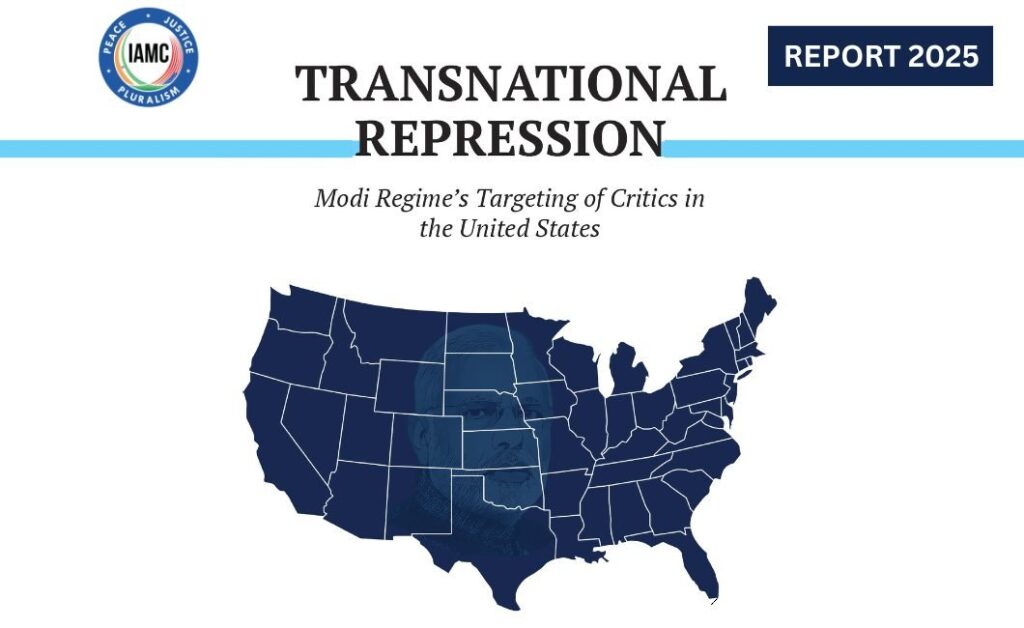
New report reveals Modi government’s chilling campaign to silence dissent in American diaspora
A new report from the Indian American Muslim Council (IAMC) accuses India’s government of using transnational repression tactics to intimidate critics living in the United States. The report claims Indian consulates have surveilled, harassed, and denied services to Indian Americans who speak out against Prime Minister Modi’s policies.
The FBI defines such tactics as attempts by foreign regimes to silence dissent abroad. Victims report threats to family back in India, revoked travel documents, and monitoring of protests and academic events. Experts say these efforts reflect India’s increasingly authoritarian posture and echo global trends by regimes like Russia and China. Activists warn that this strategy chills free speech—even in American communities.
4
Armenia: Armenia Escalates Crackdown on Church and Supporters
Arrest of Christian philanthropist and threats against clergy signal deepening state hostility toward religious institutions
In a sharp escalation of church-state tensions, Armenian authorities have intensified their crackdown on the Armenian Apostolic Church and its supporters. Prime Minister Nikol Pashinyan has publicly insulted clergy and proposed a state-controlled council to oversee the election of a new Catholicos, violating both Armenia’s constitution and its international human rights obligations.
When philanthropist Samvel Karapetyan publicly defended the Church, he was swiftly arrested and charged with “public calls to seize power.” Karapetyan’s businesses were targeted with punitive measures, including proposed nationalization. These actions are part of a broader campaign of state retaliation against religious supporters, sending a chilling message: dissent aligned with faith comes at a steep price.
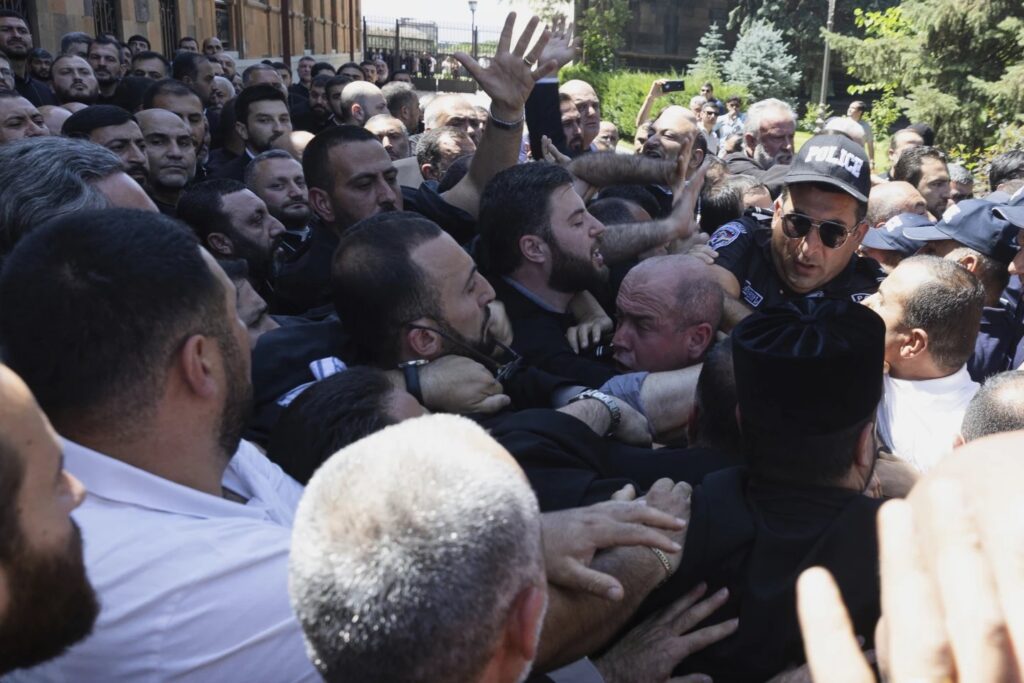
5
Kenyan Religious Leaders Demand End to Chaos, Call for National Dialogue
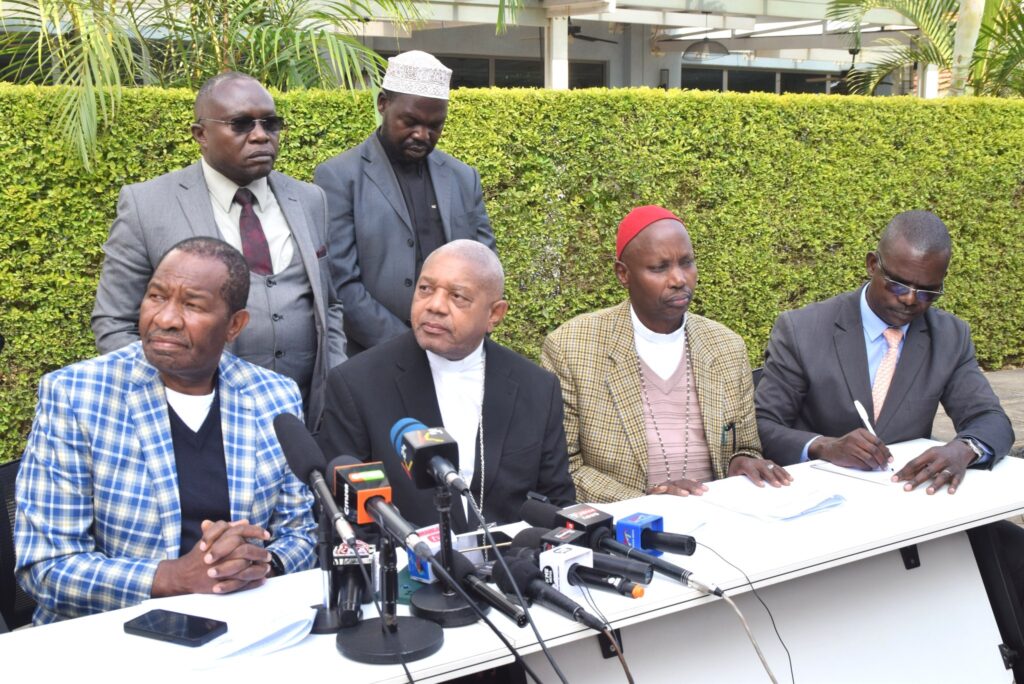
As Kenya reels from deadly protests, faith leaders step up to defend peace, justice, and the right to life
Religious leaders in Kenya have issued a powerful joint statement urging an end to the deadly political unrest that has gripped the nation. Following widespread protests against the Finance Bill 2024, which led to the deaths of more than 20 demonstrators and widespread violence, the Inter-Religious Council of Kenya (IRCK) called on President William Ruto to listen to the people and suspend the bill.
The Council—which represents Catholic, Protestant, Muslim, Hindu, and African traditional faiths—warned that Kenya stands at a “critical tipping point.” “The streets have become battlefields,” they said, expressing grief over the mounting death toll, destruction, and growing fear among citizens.
While condemning the violence, the religious leaders emphasized that the protests reflect deep public frustration and a yearning for genuine governance reform. They offered to mediate between the government and civil society to restore calm and urged both police and protestors to exercise restraint.
As civic space contracts globally, Kenya’s faith leaders are reminding the world that religious voices are often the last line of moral defense in times of national crisis.
Good News
Supreme Court Sides with Parents in Maryland Religious Freedom Case
Victory for parental rights as the U.S. Supreme Court upholds religious freedom in public education
In a major win for religious freedom, the U.S. Supreme Court has ruled in favor of Maryland parents who sued their local school district for denying them the right to opt their children out of curriculum materials that conflict with their deeply held religious beliefs.
The case centered around the Montgomery County Public Schools’ decision to mandate instruction using “inclusive books” addressing gender identity and sexuality, without allowing religiously observant parents to withdraw their children from those lessons. The parents—Muslim, Christian, and Jewish—argued that the policy violated their First Amendment rights.
The Supreme Court agreed to hear the case and reversed lower court decisions that dismissed the parents’ claims. The justices affirmed that the families deserve their day in court and that the state cannot override parents’ religious rights without compelling justification.
The decision marks a turning point in the national conversation around education and religious liberty. For many American families, it reaffirms that parental conscience and religious belief cannot be sidelined in the name of uniform curriculum.
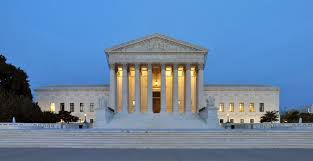
That’s your #FirstFreedomFive—where faith meets the frontlines.
What story moved you most?
Share this thread to keep the world watching.
Like if you stand for freedom of belief.
Follow for more updates each week.
And a belated happy 90th birthday to His Holiness the Dalai Lama—may your voice for peace continue to echo worldwide.
